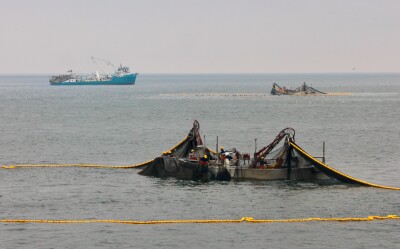In NOAA's recently released Annual Report on the Status of U.S. Fisheries for 2012, it notes that six stocks managed under rebuilding plans were declared rebuilt to target levels in 2012, bringing the grand total of stocks rebuilt since 2000 to 32.
That news might be better received in New England if Atlantic cod, yellowtail flounder and other key groundfish species were among those 32 stocks. Unfortunately, Atlantic cod and yellowtail flounder found themselves on both the overfishing and overfished lists.
Given the severe fishing restrictions they've been operating under for the better part of two decades, groundfish harvesters might wonder how cod is deemed subject to overfishing. But according to the report, the designation doesn't necessarily mean that current fishing effort is the problem.
"These negative outcomes are associated with high levels of overfishing over a period of many years," the report states.
If the news regarding New England's groundfish stocks isn't so encouraging, the report says overall, progress is being made overall towards ending overfishing and rebuilding stocks in U.S. fisheries. This NOAA video offers the highlights.
In his opening message in the report, NMFS Acting Director Sam Rauch notes that the agency views "sustainability as a process rather than an end point," and that NMFS has plenty of work still ahead.
"To build on our successes and fully achieve both biological and economic benefits of sustainable fisheries through science-based management," Rauch says, "we will need to ensure the timely collection of data, develop more robust and frequent stock assessments, better assess the economic consequences of management actions, and improve our understanding of environmental factors — including climate change — affecting fishery resources."
It'll be interesting to see if next year's annual report will be able to demonstrate progress on those fronts. If it can, then maybe New England's groundfish industry might be able to share in the good news, too.






